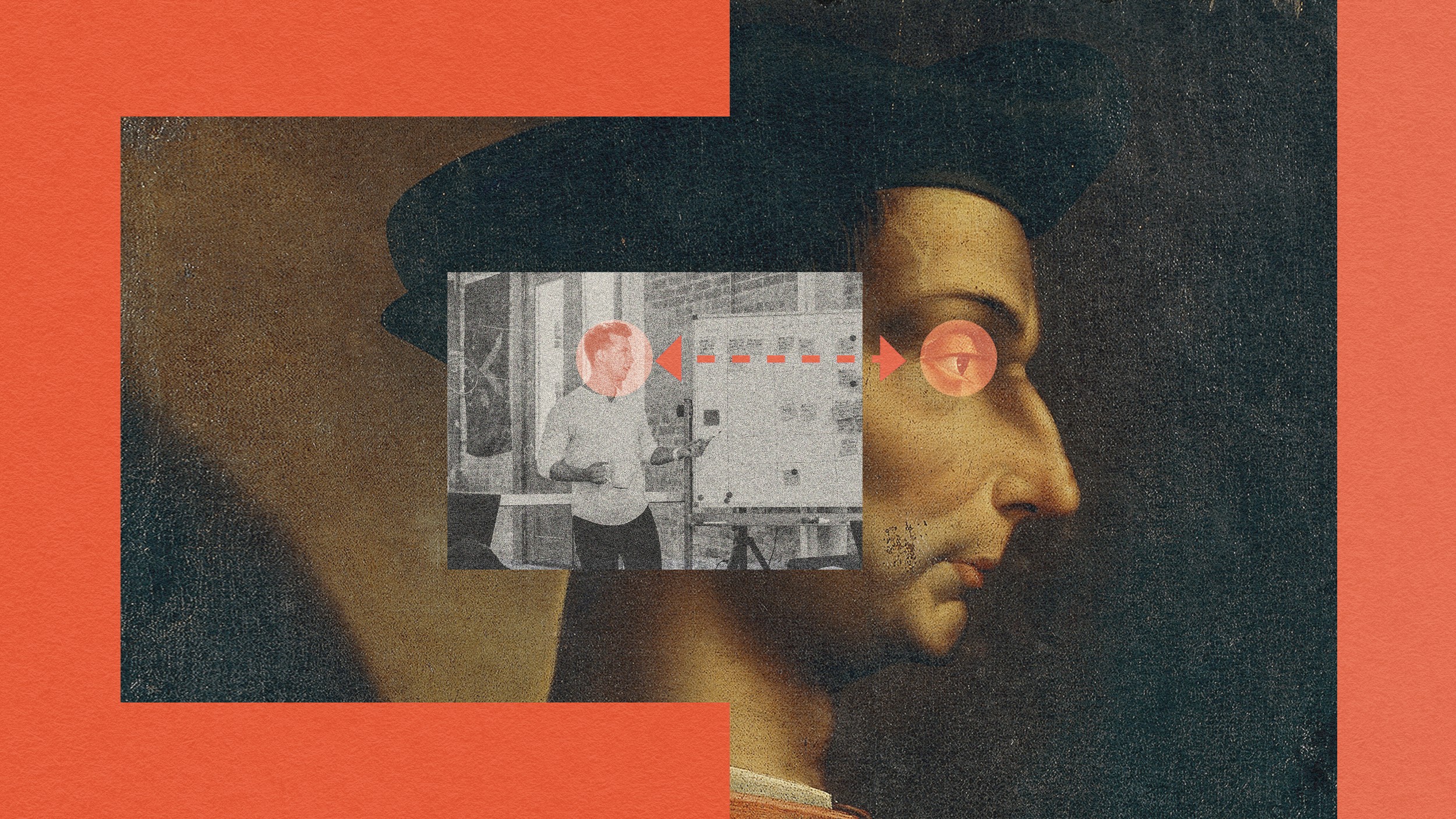It’s not a given that America will always prosper, Hamilton says.
Question: When you read the newspaper or watch the news, what issues stand out for you?
Transcript: But I don’t see how any American can be comfortable with our healthcare system today given the fact that so many of our citizens are not covered. Here we have the most marvelous medicine in the world if you can pay for it; but so many Americans do not. There’s a janitor who comes to my office and cleans it. And he’s a nice man. His teeth are falling out. I go to the dentist. I get a bill – $500, $1,000 for a routine checkup. I can pay that, fortunately, and I can pay it for my family. Here we are in the United States of America, the richest country in the world, and we can’t get good dental care for the janitor. I’m disturbed by those things.
Or take education today. I used to go to high schools and give speeches all the time. Politicians do. I’d look out over that high school group and we’d have interactions. My fractions might not be right here, but 50% of those kids I don’t need to worry about. They come from good homes. They go to their churches. They have good healthcare. They’re involved in their community. They may not all be A-students, but they’re doing well. Many of them are A-students, and we’re not going to screw those kids up. They’re going to make it, and they’re going to do well in life. What bothers me is that other half. Now there was a time when we were so good, and so strong, and so powerful as a country that we didn’t really need to worry too much about that other half. But that’s changing now, and we’ve gotta begin to bring them up. And that means the educational system has to be sharply improved. So I worry about these things and many, many others.





